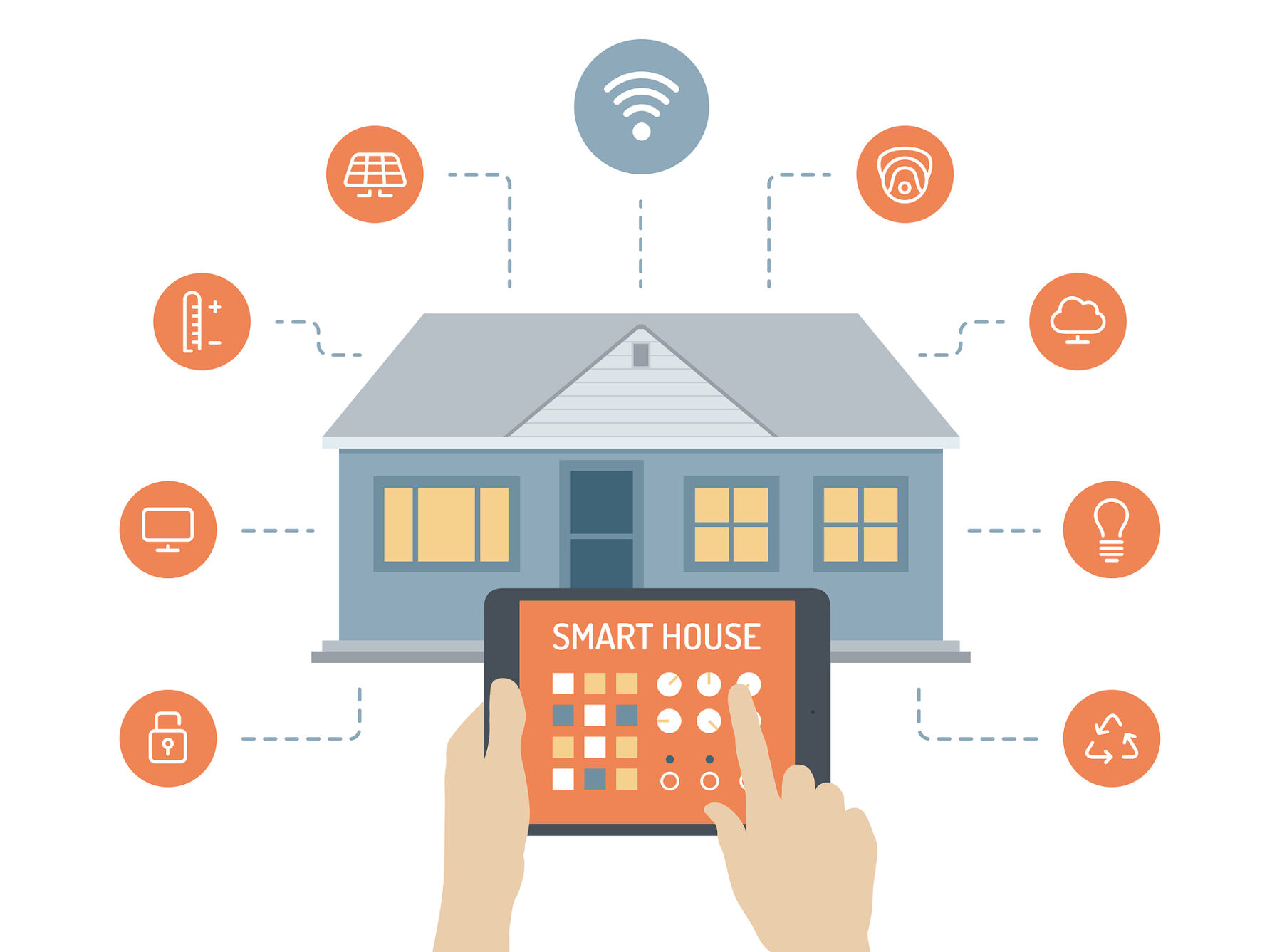Introduction
The landscape of real estate is shifting, and a new generation is leading the way. How Gen Z is redefining homeownership this fall is more than a trend; it’s a clear signal of changing priorities, values, and buying habits. From tech-driven searches to creative financing, Gen Z is rewriting the rules of the housing market. In this blog, we’ll explore how these young buyers are influencing market trends, what sets them apart, and why their approach matters for the future of real estate.
A Tech-First Approach to Real Estate
Gen Z is the first generation of true digital natives, and their approach to homeownership reflects it. Online listings, virtual tours, and real-time market updates are not just conveniences; they’re essentials. This generation expects streamlined digital tools that make the homebuying process more transparent and efficient. Realtors and sellers who embrace mobile-friendly platforms and social media-driven marketing are better positioned to connect with Gen Z buyers, who value instant access to information.
Affordability Meets Creativity
For many young buyers, affordability is a top concern. With student loans, inflation, and rising home prices, Gen Z is redefining homeownership this fall by seeking out unconventional pathways to property ownership. Many are considering smaller homes, co-buying with friends or family, or exploring emerging financial options like fractional ownership and rent-to-own agreements. These creative solutions highlight their willingness to think outside the box while still pursuing long-term wealth-building through real estate.
Values-Driven Buying Decisions
Unlike previous generations, Gen Z places significant emphasis on values and lifestyle when making purchasing decisions. Sustainability, energy efficiency, and community connection often rank higher than sheer square footage. Eco-friendly features like solar panels, smart thermostats, and low-maintenance landscapes are becoming major selling points. For Gen Z, a home isn’t just a place to live, it’s a reflection of their identity, priorities, and commitment to a more conscious lifestyle.
The Rise of Remote Work Flexibility
Remote and hybrid work opportunities have also transformed how younger buyers view location. Instead of limiting themselves to major metropolitan areas, Gen Z is open to suburban and even rural properties that offer better affordability and quality of life. Access to reliable internet and modern amenities often outweighs proximity to a traditional office. This flexibility expands their options and continues to drive demand in previously overlooked housing markets.
What This Means for the Future of Real Estate
The way Gen Z is redefining homeownership this fall isn’t just a seasonal trend’s a glimpse into the long-term evolution of the market. Realtors, investors, and sellers must adapt to meet this generation’s expectations: affordability, sustainability, and digital convenience. As more members of Gen Z enter the housing market, their influence will shape not only current conditions but also the future direction of homeownership across the country.
Conclusion
Gen Z’s entrance into the housing market is changing everything from how homes are marketed to where buyers are choosing to live. Their reliance on technology, focus on values, and creative financial strategies make them a generation worth watching closely. By understanding how Gen Z is redefining homeownership this fall, industry professionals and prospective sellers can better align with the priorities of this influential group.





